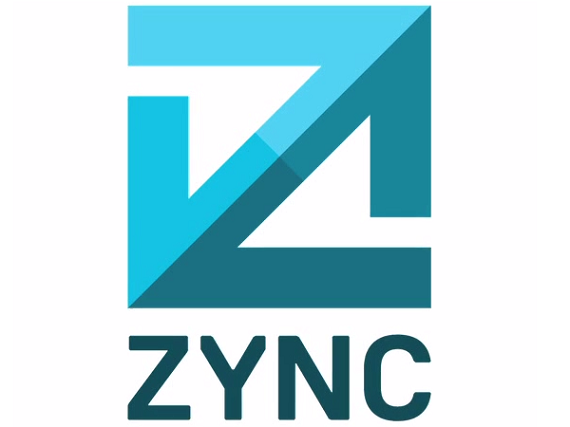
In a move seemingly designed to directly take on Amazon in the cloud-computing space Google hasmade yet another 2014 purchase: this time picking up Zync Render, a cloud-based visual effects storageand rendering platform.
While financial terms of the deal, which was announced via a blog post on Tuesday, were not disclosedit was revealed that Zync, whose technology was used in such high profile blockbuster films as Star TrekInto Darkness and Looper, will be joining the Google Cloud Platform team.
Founded in 2011, the Boston-based Zync Render is a cloud-based rendering and storage platform, designed to give its customer more flexability when it comes to both 2D, and 3D, applications. It offers aseries of Web-based management tools for greater controls over the traditional render process.
Its technology has been used on more than 6.5 million hours of video, on movies such as American Hustle, Flight and Transformers: Dark of the Moon.
Zync had previously been a customer of Elastic Compute Cloud, which is Amazon’s cloud-hosting service, and had even been promoting that service on its website, saying that it was “the only public-cloud that meets or exceeds MPAA security requirements with a Best Practices rating award.”
Now, however, Zync is doing its best to promote Google’s product instead.
“Since its inception at visual effects studio ZERO VFX, nearly 5 years ago, ZYNC was designed to not only leverage the benefits and flexibilities inherent in cloud computing but to offer this in a user-friendly package,” the company said in a post on its homepage on Tuesday.
“Pairing this history with the scale and reliability of Google Cloud Platform will help us offer an even better service to our customers – including more scalability, more host packages and better pricing (including per-minute billing). With a friction-free, affordable, and elastic rendering solution, visual designers and artists in the industry can continue to do their best work.”
For Google, getting Zync’s technology will not take away one of Amazon’s biggest cloud customers, it will also help bring more customers to its own cloud platform.
“Creating amazing special effects requires a skilled team of visual artists and designers, backed by ahighly powerful infrastructure to render scenes. Many studios, however, don’t have the resources ordesire to create an in-house rendering farm, or they need to burst past their existing capacity,” Belwadi Srikanth, Product Manager at Google, wrote in a blog post.
“Together Zync + Cloud Platform will offer studios the rendering performance and capacity they need, while helping them manage costs.”
Google says it will offer per-minute billing for studios so that they “aren’t trapped into paying for unused capacity when theirrendering needs don’t fit in perfect hour increments.”
Beyond that, though, Google has not said what exactly it will be doing with the technology, or what it will be using it for. Vator has reached out to Google for comment on the purchase and we will update if we learn more.
Google’s 2014 startups
Google has been on an absolute tear this year when it comes to acquisitions. Jetpac marks the 26th purchase the company has made so far in 2014.
The first company it purchased was Bitspin, the Zurich-based maker of the Timely clock app. That was followed by: cyber security Impermium; artificial intelligence company Deepmind; soundauthentication firm SlickLogin; ad fraud detector Spider.io; Android gamedeveloper Green Throttle Games; drone manufacturer Titan Aerospace; back-end online retail solution Rangespan; ad attribution company Adometry; restaurant website builder Appetas; cloud monitoring service Stackdriver; Quest Visual, the company behind translation service WordLens; mobile device manager Divide; satellite maker Skybox; video advertising company mDialog; wireless-communications startup Alpental Technologies; performance optimization platform Appurify; playlist generator Songza; smart messaging assistant Emu; video marketing company Directr; Jetpac, a company dedicated to analyzing andorganizing digital pictures; and mechanical engineering and product-design company Gecko Design.
And, of course, the company bought smart thermostat company Nest Labs for $3.2 billion, the most the company has ever spent on a startup acquisition. Nest has since bought two startups of its own to add to the Google family: energy monitoring platform MyEnergy and video-monitoring and security startup Dropcam.
(Image source: zyncrender.com)















